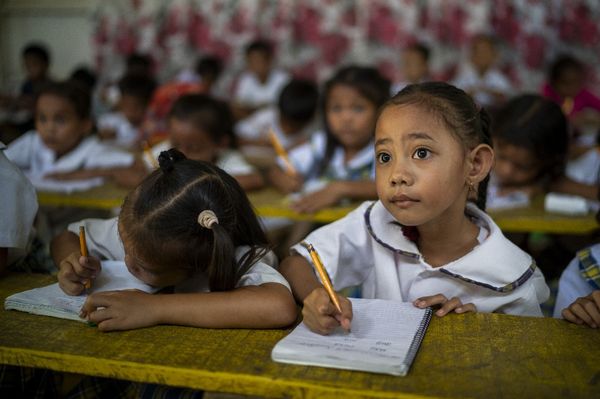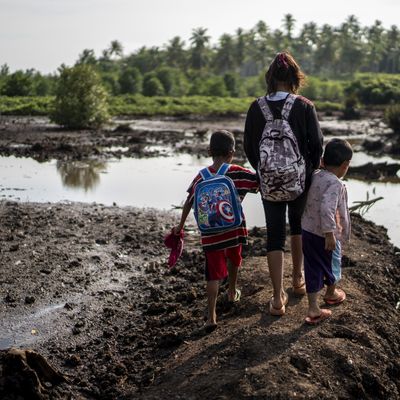BRAC’s cradle-to-career approach ensures children are supported at every stage, from early childhood to primary and secondary school, and onward to career readiness. We have reached half a million children and caregivers across Africa and Asia.
OUR IMPACT

8,775
Play leaders and teachers

345k
Learners reached

601
Play labs and pre-primary schools across 7 countries
OUR WORK
Our Presence

OUR STRATEGIC VISION

OUR STRATEGIC VISION

Delivering holistic services
Directly implement evidence-based, low-cost early childhood and education models at scale. Continuously refine our work and build evidence on what works for children’s healthy development and learning.

Catalysing systems change
Build the capacity of schools, public systems and partner organisations on play-based and inclusive learning. Partner up and advocate for enabling policies and financing for inclusive, equitable quality education.











